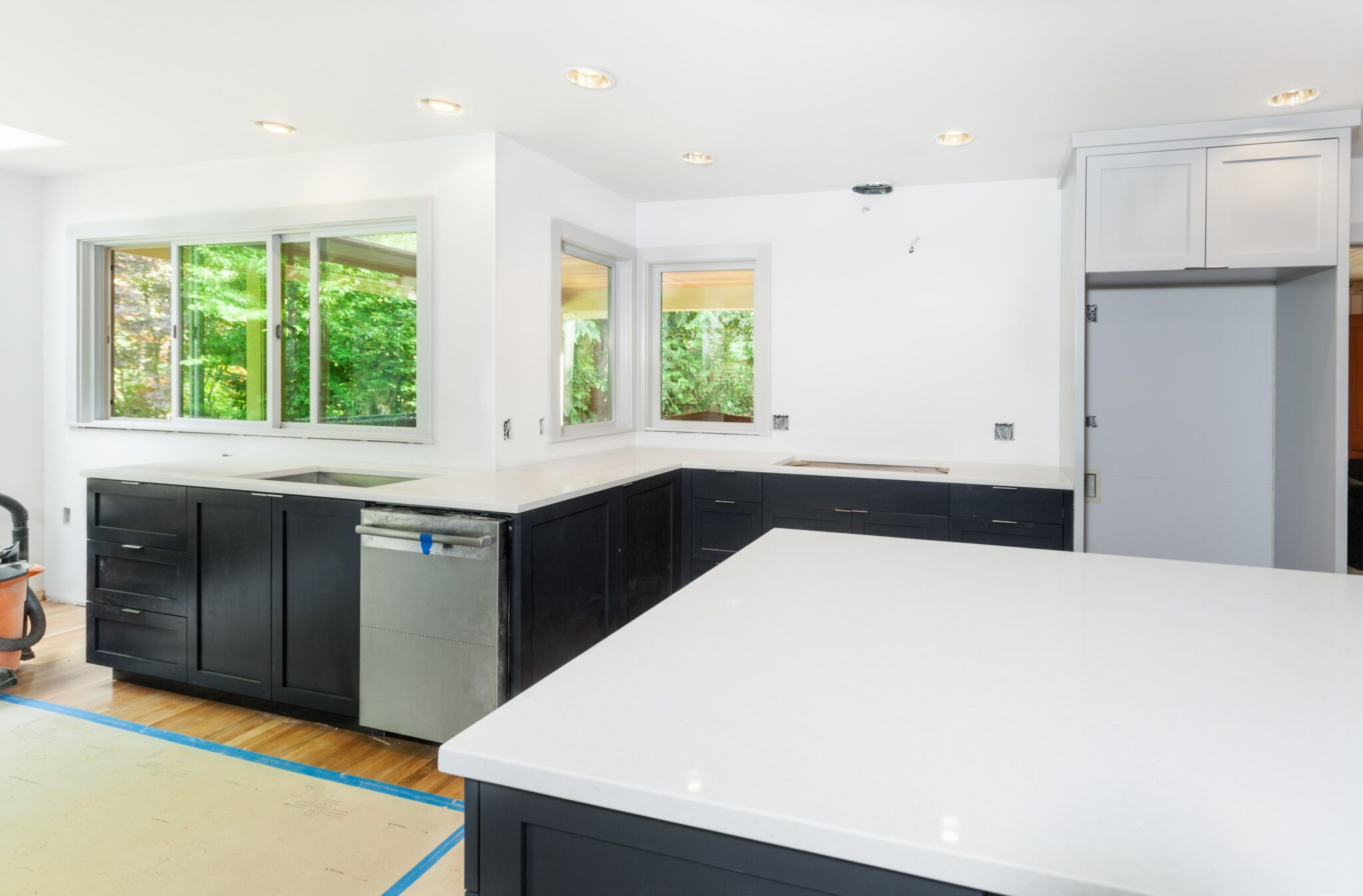What is Engineered Quartz?
Engineered quartz is a man-made material that is composed of natural quartz aggregates (quartz crystals) and a resin binder. It is engineered to provide superior performance and durability in comparison to natural stone countertops.
What are the benefits of Engineered Quartz?
There are many benefits to choosing engineered quartz for your countertop surface. Quartz is extremely hard and durable, making it ideal for high-traffic areas and heavy use. It is also non-porous, meaning it resists staining and bacterial growth. Quartz is available in a wide range of colors and patterns, so you can find the perfect look for your home.
What are the drawbacks of Engineered Quartz?
One of the main drawbacks of engineered quartz is its cost. Because it is a man-made material, it typically costs more than natural stone countertops. Quartz is also susceptible to damage from heat and direct sunlight. It is important to take care when using hot pans or placing items in direct sunlight on your quartz countertop.
If you are looking for a durable and beautiful countertop surface, engineered quartz may be the perfect choice for you. With its many benefits and wide range of colors and patterns, quartz can help you create the kitchen or bathroom of your dreams.
Why Choose Engineered Quartz for Countertops?
There are many benefits to choosing engineered quartz for your countertop surface. Quartz is non-porous, meaning it will not absorb spills or stains like other materials such as granite or marble. Quartz is also very resistant to scratches and chipping, making it a great choice for high traffic areas in your home. In addition, quartz requires little maintenance and is easy to clean. Engineered quartz countertops are available in a wide variety of colors and designs, so you can find the perfect look to complement your home décor.
Engineered quartz is a man-made material that is used in a variety of applications, from countertops to flooring. It is made by combining ground quartz with other materials, such as polymers and resins. This results in a product that is stronger and more durable than natural quartz.
Engineered quartz comes in a wide range of colors and patterns, making it a versatile material for many different design projects. It is also non-porous, which means it is resistant to stains and easy to keep clean.
While engineered quartz is more expensive than other countertop materials, such as laminate or tile, it can provide a luxurious look at a fraction of the cost of natural stone.
Engineered Quartz for countertops benefits:
1.Non-porous surface resists stains and is easy to clean
2.Wide range of colors and patterns
3.Durable and long-lasting
4.Resistant to scratches and chips
5.Cost-effective alternative to natural stone
Engineered Quartz vs Granite
When comparing engineered quartz and granite, it is important to keep in mind the intended use of the countertop. If you are looking for a durable surface that can withstand heavy use, Quartz is the better choice. However, if you are looking for a more natural look, granite may be the better option.
Cost is another factor to consider when choosing between engineered quartz and granite. Engineered quartz is typically more expensive than granite, but it can provide a luxurious look at a fraction of the cost of natural stone.
If you are considering engineered quartz or granite for your next countertop project, be sure to weigh the pros and cons of each material to decide which is right for you.
Quartz vs Wood:
Quartz is a harder material than wood, making it more resistant to scratches and dents. However, quartz can be cracked or chipped if it is hit hard enough.
Wood is a softer material than quartz, so it is more likely to show wear and tear over time. Wood is also susceptible to staining and fading from sunlight exposure.
Quartz is available in a wide range of colors and patterns, while wood is limited to the colors that occur naturally in the wood species.
Quartz is a non-porous material, meaning it resists stains and bacterial growth. Wood is a porous material, so it will absorb spills and stains if not sealed properly.
Engineered quartz countertops are more expensive than wood countertops, but they require less maintenance and are easier to keep clean.
When deciding between quartz and wood for your countertop, consider the intended use of the surface and your budget. If you are looking for a low-maintenance surface that is resistant to stains and easy to clean, engineered quartz is the better choice. However, if you are looking for a more natural look or are working with a limited budget, wood may be the better option.


